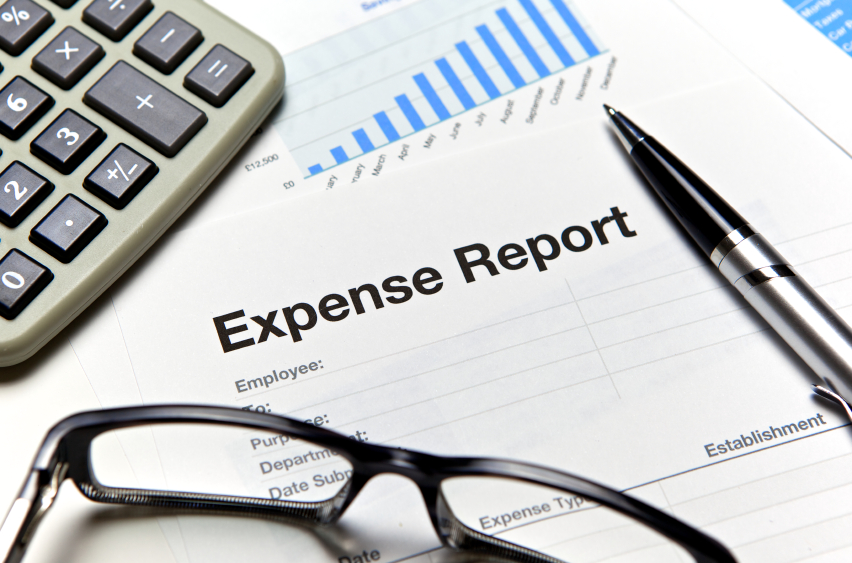The early days of launching your own venture are filled with decisions to be made. Before you are actually paying yourself a salary, though, you are likely holding down a job already or hustling from one gig to another. In other words, you’ll be busy with two jobs until your business gets off the ground. But don’t wait until you’ve set up shop to start tracking expenses. In fact, if you’re ready to develop your idea, one could argue that the time to start tracking is now. Even if it’s just you and your laptop, a system for online expense management can get you started on the right foot.
Did you know that once you start filing as a self-employed or a limited company, you can claim expenses for up to seven years prior to your launch? If you have done market research, invested in prototyping, or even purchased simple materials, you have tax benefits coming to you, so start managing those expenses right away.
Let’s say, for instance, you want to start a local café, and for that, you may require a commercial property (near a busy location to grab the interest of the public), various local suppliers for interiors, furniture, raw material for food, etc. You will probably have to buy commercial equipment, including an espresso machine, industrial coffee grinder, oven, toasters, reach-in fridges and freezers, and many more. To set up and run a business, you can make a business plan, and to execute it, you will require a financial budget and goal.
It can seem an obvious caution, but don’t slip and conflate business and personal expenses. The temptation can arise so easily: you’re at a shop and along with items for personal use, you grab a few boxes of pens, some Post-its, some paper clips for the new office. Claiming personal items can get you into trouble, and not claiming business items like new office furniture from office monster can mean you miss out on legitimate expense reporting. Websites for local councils and HM Revenue and Customs can be thin on the specifics that you might need regarding tax filing for business. You should speak with an accountant, of course, but an early and careful record-keeping process will mean that you are well prepared for potential questions-and will probably save you money on the accountant, as well.
Did you also know that the HMRC can request proof for any expense for up to six years after the original claim? Paperwork is often the bane of the small business owner, and six years’ worth is a lot of paper to keep around, so using an app makes a lot of sense here. For instance, being able to upload receipt images and mileage information will cut down on the paper and notes you have to file away. In this regard, a mileage tracker app like MileIQ could be worthwhile, as it may offer tools that can help the business track fuel expenses and record them for later. Furthermore, you should consider implementing some kind of an expense tracker that will provide, at a minimum, secure and adequate storage and tools that help ensure your business is compliant with current UK tax law. You don’t want to develop a false sense of security.
Develop good habits and use the right tools in the early stages of your business, and you will thank yourself later.




